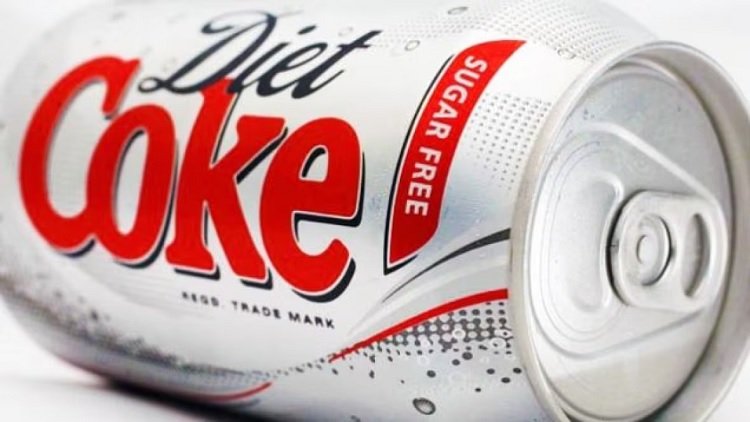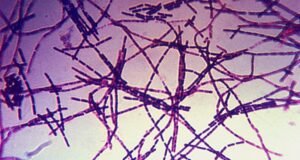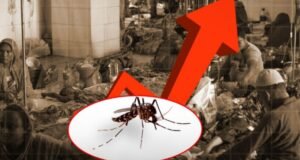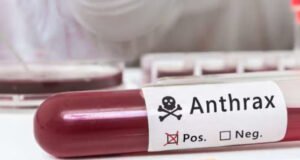
One of the world’s most common artificial sweeteners is set to be declared a possible carcinogen next month by a leading global health body, according to two sources with knowledge of the process, pitting it against the food industry and regulators.
Aspartame, used in products from Coca-Cola diet soda to Mars’ Extra chewing gum and some Snapple drinks, will be listed in July as “possibly carcinogenic to humans” for the first time by the International Agency for Research on Cancer (IARC), the cancer research arm of the World Health Organization (WHO), the sources said.
The IARC ruling, finalized earlier this month after a meeting of the group’s external experts, is intended to assess whether something is a potential hazard, based on all of the published evidence.
It does not take into account how much of a product a person can safely consume. This advice for individuals comes from a separate WHO expert committee on food additives, known as JECFA (the Joint WHO and Food and Agriculture Organization’s Expert Committee on Food Additives), alongside determinations from national regulators.
However, similar IARC rulings in the past for different substances have raised concerns among consumers about their use, led to lawsuits and pressured manufacturers to recreate recipes and swap to alternatives. That has led to criticism that the IARC’s assessments can be confusing to the public.
JECFA, the WHO committee on additives, is also reviewing aspartame use this year. Its meeting began at the end of June and is due to announce findings on the same day that the IARC makes public its decision — on July 14.
Since 1981, JECFA has said aspartame is safe to consume within accepted daily limits. For example, an adult weighing 60 kg (132 pounds) would have to drink between 12 and 36 cans of diet soda — depending on the amount of aspartame in the beverage — every day to be at risk. Its view has been widely shared by national regulators, including in the United States and Europe.
 Weekly Bangla Mirror | Bangla Mirror, Bangladeshi news in UK, bangla mirror news
Weekly Bangla Mirror | Bangla Mirror, Bangladeshi news in UK, bangla mirror news







